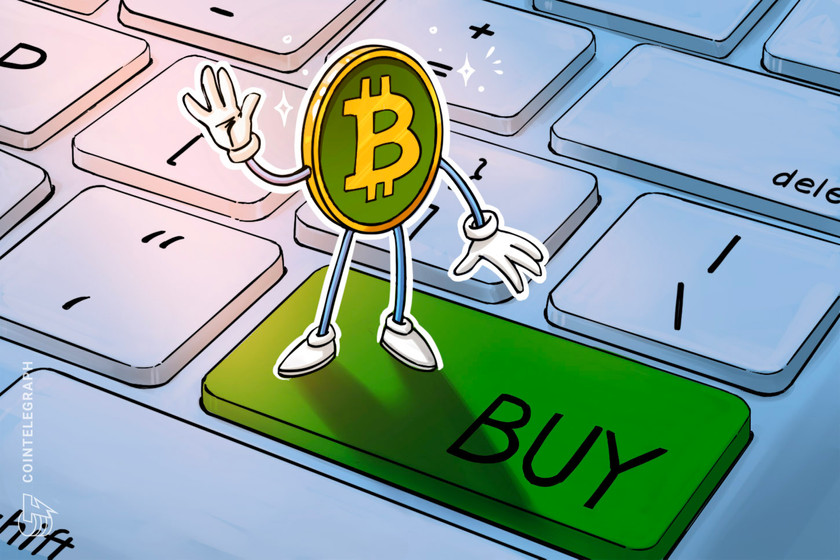The chaos we’ve experienced in global markets this year — global geopolitical upheaval magnified by the confluence of broken supply chains, inflation and heavy national debt loads — seems to signal the beginning of a new era. All of this is within the context of the United States dollar serving as the primary global reserve currency, currently accounting for about 40% of global exports.
But monetary history tells us that multiple global reserve currencies can exist at one time. Many countries are actively seeking a reserve settlement that is insulated from global political strife. Bitcoin (BTC) may fit the bill, and if it is adopted as an alternative reserve currency — even at the margins — we will see the unleashing of Bitcoin-based trade and the rise of a new geopolitical reality.
The Bitcoin network is ready for this moment.
What is Bitcoin-based trade?
There are many reserve currencies in the world, from the U.S. dollar to the Chinese yuan, the Japanese yen and more. But the dollar is the largest by far in terms of popularity in use for exchange.
Related: 5 reasons 2023 will be a tough year for global markets
Bitcoin-based trade focuses on the idea that BTC could also function as a reserve currency running in parallel with other reserve currencies. The resulting geopolitical reality would be one in which supply and demand are at the forefront of leverage between nations. Those that possess the raw materials, manufacturing capabilities or any other number of critical inputs for global commerce would then be capable of negotiating based on the demand for those inputs. This would be enforced by the unit of exchange, Bitcoin, remaining a largely apolitical settlement network.
The importance of timing
There are many challenges facing the global economy. Two, in particular, are the products of the once-in-a-generation alignment of unique circumstances. The first is the need for an efficient, relatively apolitical, antifragile reserve currency system. The second is the increasingly challenging requirements for critical inputs for the global economy. These are inputs like raw materials, manufacturing costs, specialized manufacturing processes, the protection of intellectual property, etc. The sources for critical inputs that are necessary for all global commerce are in transition. The timing might just be right for geopolitical leverage that has traditionally come from the global need for dollars to be dramatically dampened by a new unit of exchange,…
Click Here to Read the Full Original Article at Cointelegraph.com News…
























